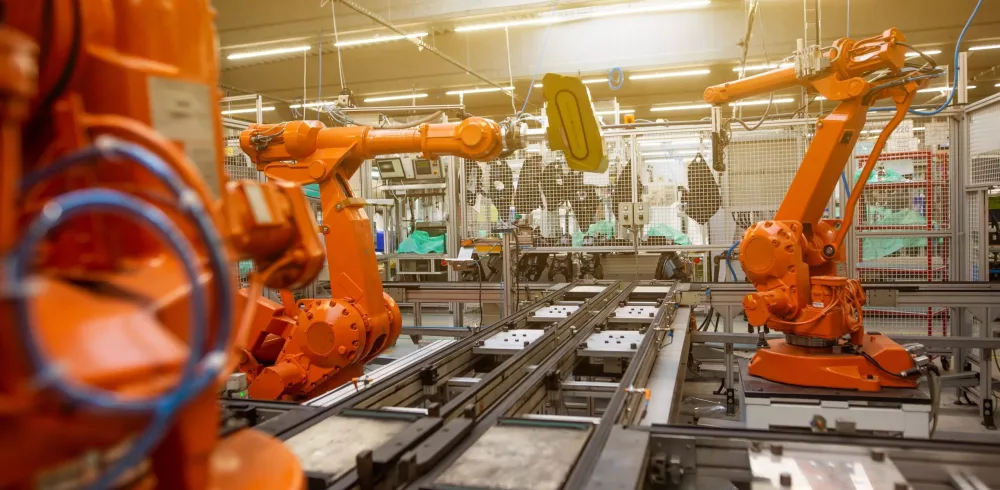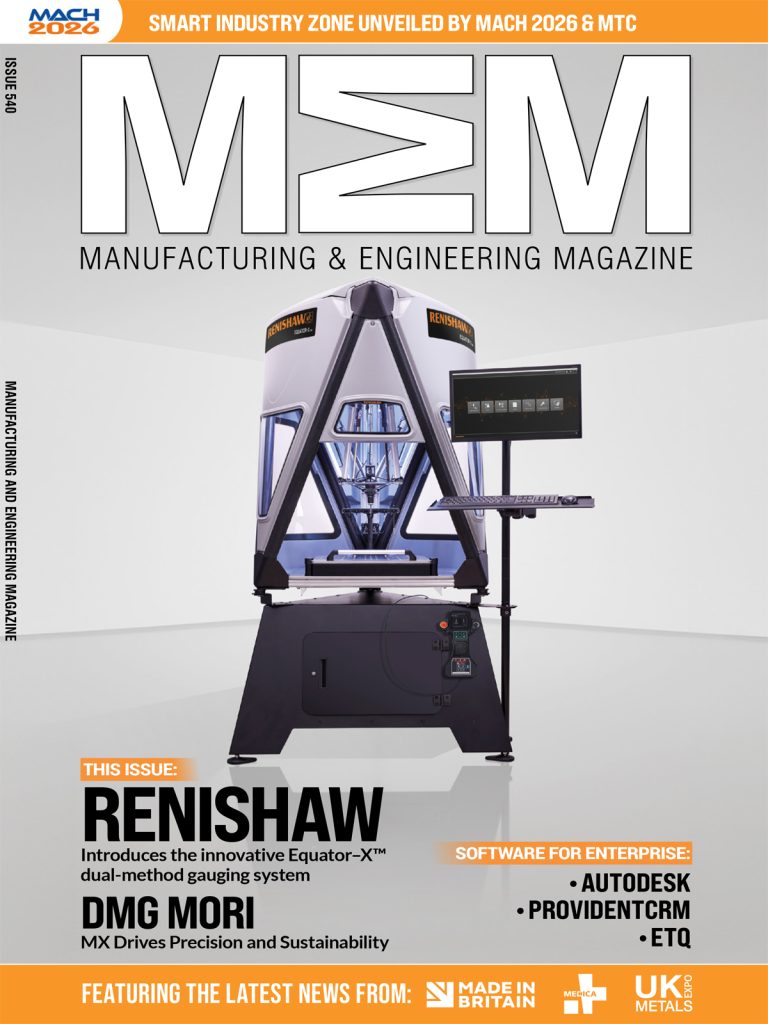British manufacturing is a cornerstone of the future of our economy, however, eye-watering cost increases on multiple fronts and an overall lack of confidence in economic security from the government has left the industry at breaking point.
Indeed, the manufacturing industry continued to work through the pandemic, ensuring the people who needed it most were able to carry on in as normal a fashion as possible. Despite this, the Chancellor’s spring update provided little to no comfort for an energy-intensive sector crippling under the weight of rising energy costs; an increase in NICs, in turn affecting recruitment and inflation; and supply chain disruption.
Sunak stated in his spring statement: “Investment is a key driver of productivity growth. By adding to the economy’s capital stock and improving the skills of the workforce, the economy can produce more with the same input from workers. Investments in machinery and improved skills have delivered higher levels of output for the same amount of labour, throughout history and across all sectors of the economy.”
For the industry to overcome its complex challenges and maintain its position as an innovation epicentre, investing in manufacturing technologies is key. By incorporating Industry 4.0 into their growth strategy, manufacturers can break through the production barrier and become more productive, sustainable, and economical.
One way of doing this is by investing in new machinery and manufacturing technologies that aid automation. The potential for human errors is minimised and a more stable quality is maintained, whilst manual workers’ time is now freed up to focus on less dangerous tasks, with a change in their responsibility.
Investment in automation makes good financial sense, too, with reduced labour costs offsetting the initial outlay of the machines and their maintenance. However, businesses need the skills to acquire and deploy the various technologies and the finance to make it happen.
Funding for manufacturers
The manufacturing sector is responsible for 64% of all private R&D investment, with HMRC’s R&D tax relief scheme the most commonly used form of innovation support amongst manufacturers.
The latest HMRC statistics show that 16,265 manufacturing firms claimed R&D tax credits in 19/20, securing a total of £1.7bn in the form of either cash payments or a reduction in corporation tax. A much-welcomed boost to relieve mounting pressures for the industry.
Over 16,000 manufacturers secured R&D funding in 19/20, are you missing out?
It is clear that the government is incentivising business investment by reforming R&D reliefs and capital allowances, in the hope of greater investment in innovation. Good news for manufacturers is the intention for the inclusion of all cloud costs associated with R&D. This supports data-heavy research and aids a more digital way of working, including those quality control employees that ‘inspect’ manufacturing processes remotely via the cloud due to artificial intelligence (AI)-powered visual insights.
The spring statement also announced an expansion of the qualifying expenditure in R&D claims to include all mathematics – yet more welcome support for the manufacturing sector as it embraces AI, robotics and machine learning.
Tax relief specialist Access2Funding supports manufacturing businesses with securing vital funds from HMRC via their various tax relief schemes, including the research and development (R&D) tax relief scheme and the patent box regime.
Brian Sainsbury, Access2Funding partner and manufacturing specialist, has 50 years’ experience in the manufacturing sector and has witnessed first-hand the monumental changes undergone by the industry.
He said: “Manufacturing has evolved from an industry centred on manpower and manually-operated equipment to a less traditional industry where computerisation has crept in slowly throughout the years. The introduction of digital systems and computers in manufacturing has meant that challenges can now be solved much quicker and effectively. Further developments in artificial intelligence (AI) and machine learning are also starting to transform the manufacturing landscape by creating new business models and higher levels of productivity.
“If your business is embracing Industry 4.0 and investing in new machinery and technology, by either developing it yourselves or by purchasing it, government incentives can help fund this.”
Research and development
HMRC’s research and development (R&D) tax relief scheme is a government incentive that rewards companies for investing in innovation by way of a cash payment or reduction in corporation tax.
If your business has developed new, or amended existing, products or processes that achieved an advance within the manufacturing industry, you could be eligible for R&D tax credits.
For example, if you have designed and developed tools and equipment to speed up processes and improve manufacturing output, this is R&D. For every £1 spent on qualifying R&D activities, SMEs can claim up to 33p, which can be used to offset what it cost to develop the new machinery/technology or to fund the purchase/development of future machinery or technologies.
Patented inventions and IP
As with R&D tax credits, the patent box is a tax incentive that rewards innovation. If your business is generating profits from exploiting patented inventions or certain other IP rights, you can benefit from a reduced rate of tax of 10% on these profits, rather than the 19% standard tax rate.
The money saved from a reduction in corporation tax could be used to go towards financing and purchasing or creating new technology and machinery for your business.
Funding manufacturing innovation
As well as tax relief incentives, the gov.uk website lists further business support in the form of grants and funding, whilst Innovate UK’s funding ‘competitions’ for SMEs are another avenue open to manufacturers.
Access2Funding will be supporting at the MACH exhibition this week (5th and 6th April 2022); you can visit the team on stand H6-869 if you’d like to chat about funding innovation in manufacturing.
Manufacturing & Engineering Magazine | The Home of Manufacturing Industry News













